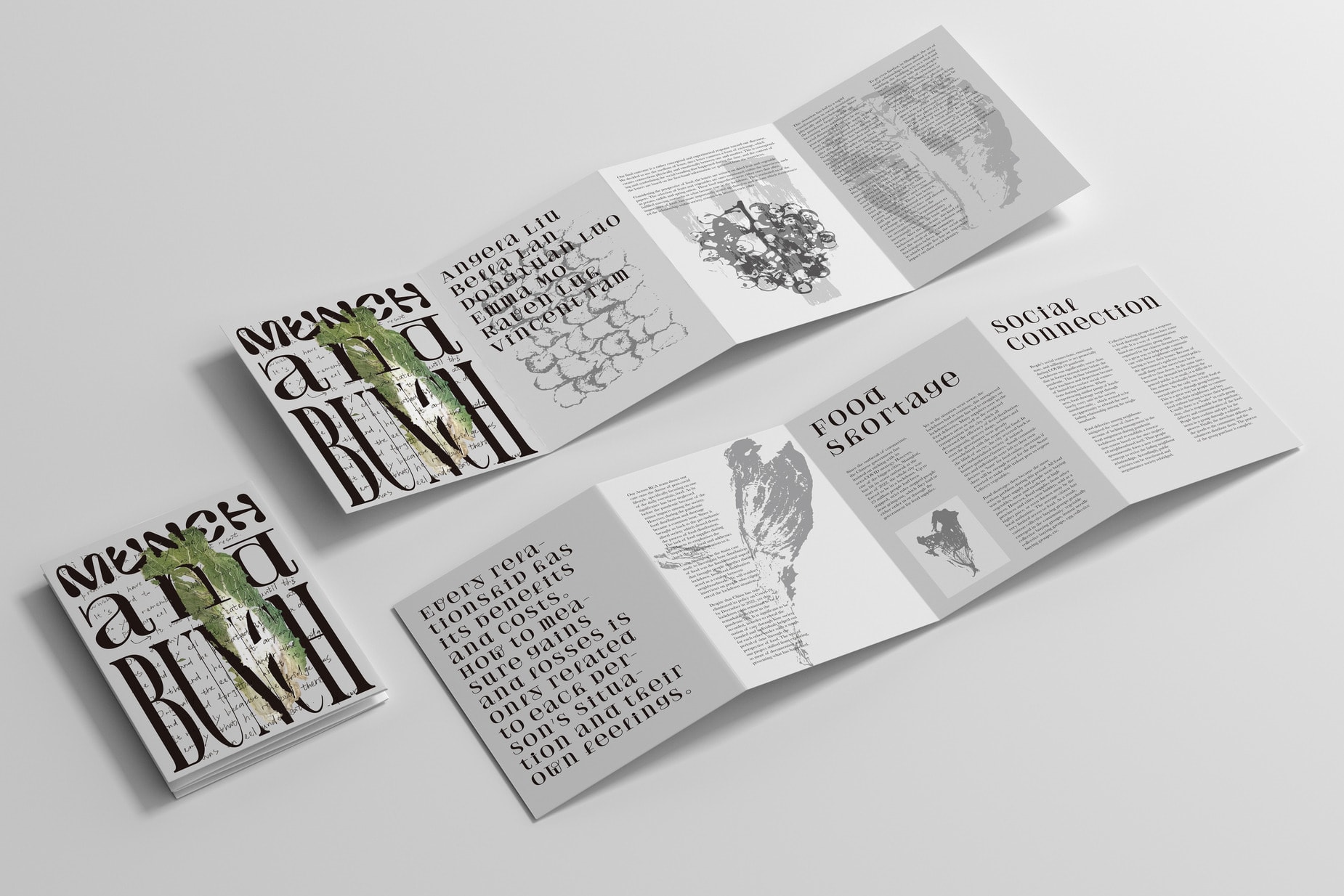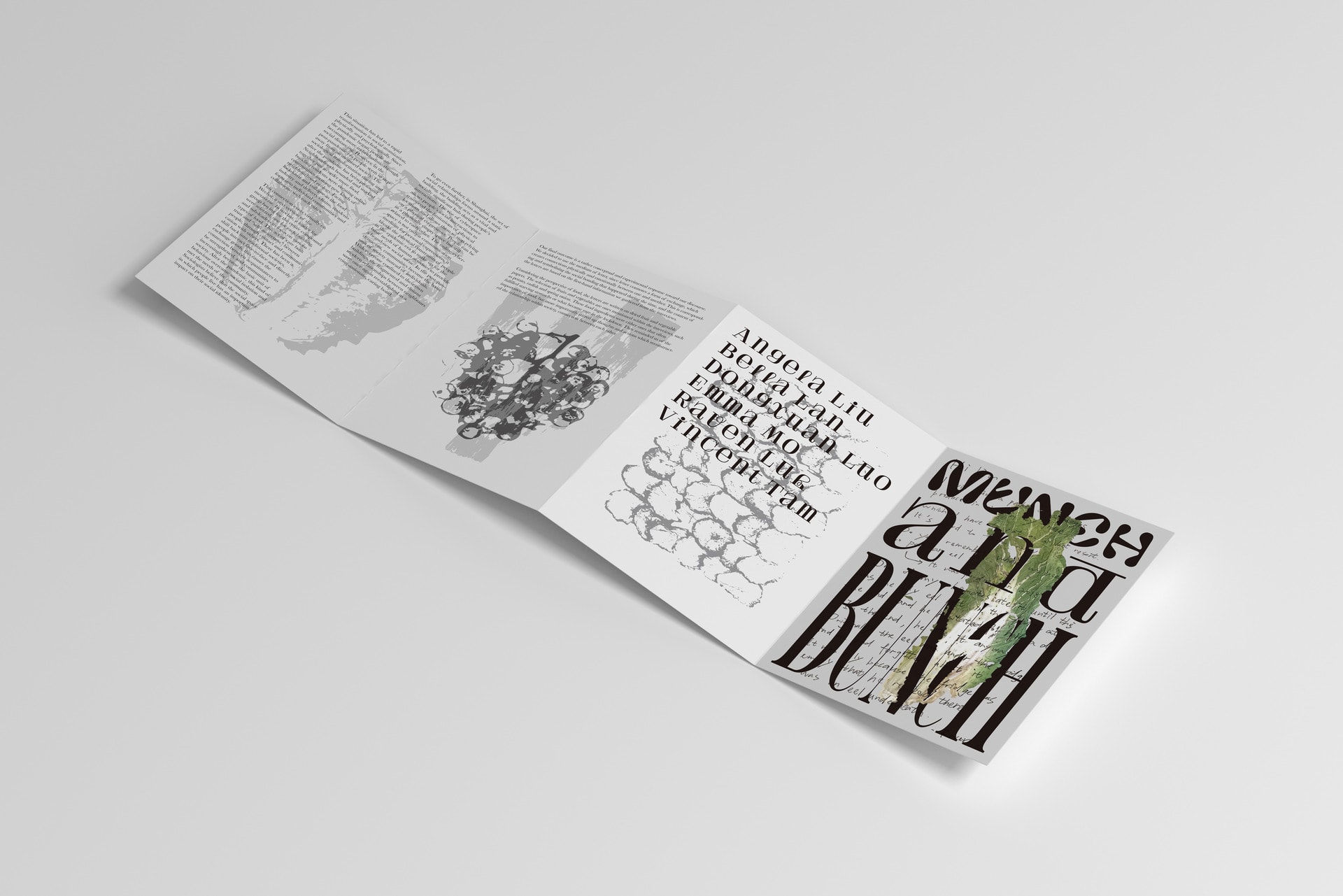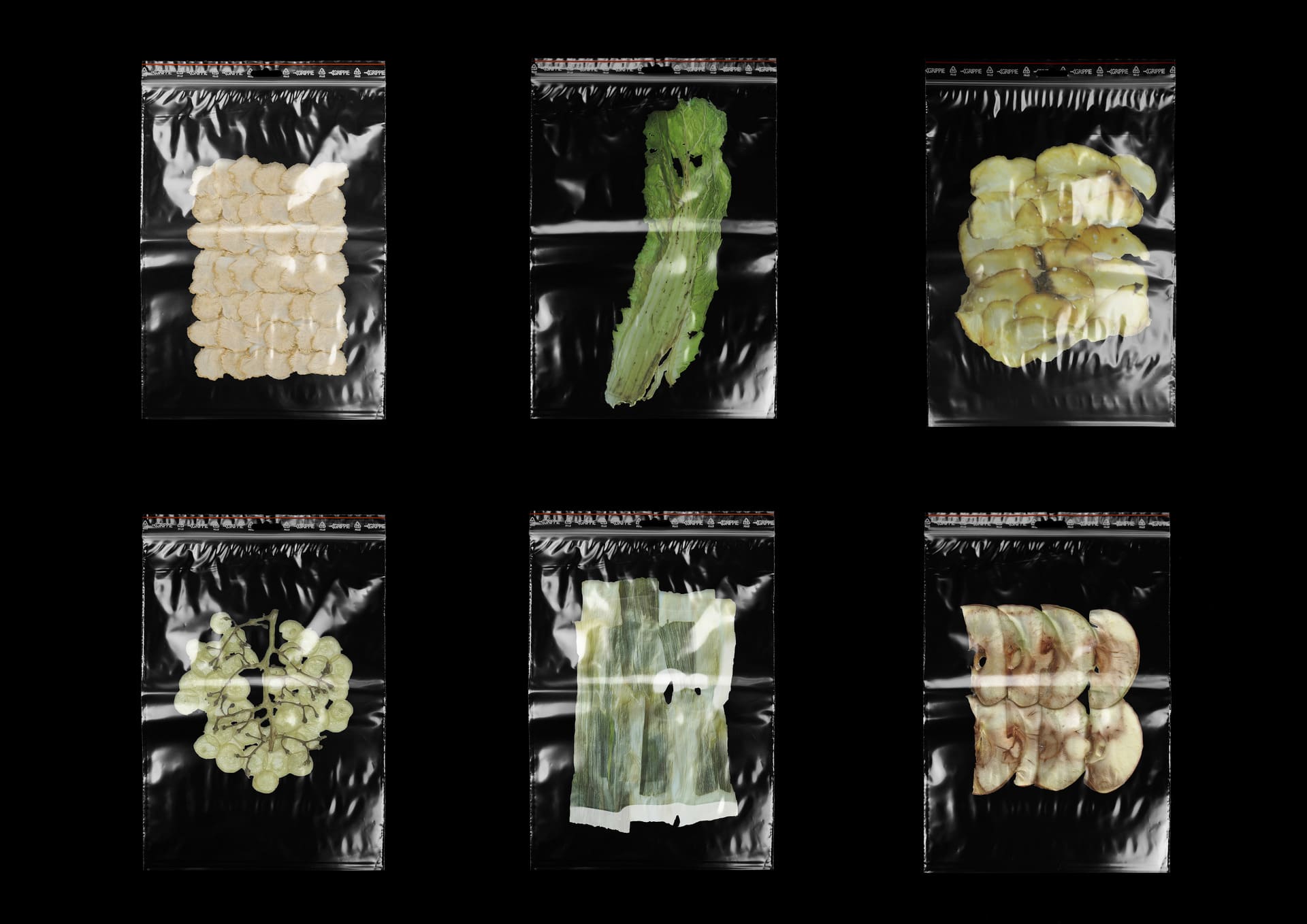Our Across RCA team draws our care onto the theme of post-covid lifestyle, specifically focusing on one of the daily essentials, food, as its significance was neglected before the pandemic because of the minor impacts among the society. However, during the pandemic, food distribution and shortage became a common issue. It brought us back to the pre-industrialised society which slowed down the process of food distribution. The lack of food supplies during the lockdowns re-emphasises the importance of food and re-addresses the public's attention to it.
Using Shanghai as the main case study to investigate how distribution of food was the fundamental aspect that brought people together during lockdown and how food distribution acted as a catalyst between neighbourhoods, we will conduct interviews on people who experienced the lockdown situation.
We aimed to raise awareness and refresh our understanding of the construction and establishment of our community through the perspective of food. We planned to develop such topics through interactive designs, such as educational games and workshops.
Our final outcome is a rather conceptual and experimental response towards our discourse. We decided to use the medium of letters, since letters connote a form of exchange, which creates connections, physically and emotionally, between one and another. This is corresponding and symbolising the social bonding that happened during the time, and the content of the letters are based on the first-hand information we gathered from the interviews. Considering the perspective of food, the letters are written on dried fruit and vegetable papers. The selection of fruits and vegetables are ones mentioned within the interviews, such as potato, radish and spring onion. These food ingredients were either ones that often-filled starving stomachs or what became rare in the lockdown. They reminded us of the importance of food, but more importantly stirred up thoughts and actions which reconstructed the relationship within society and connection between each other.




